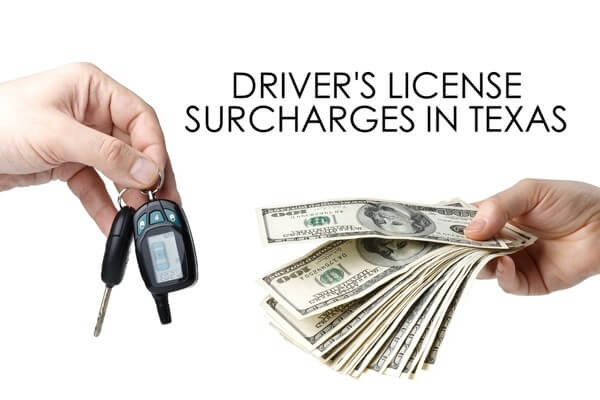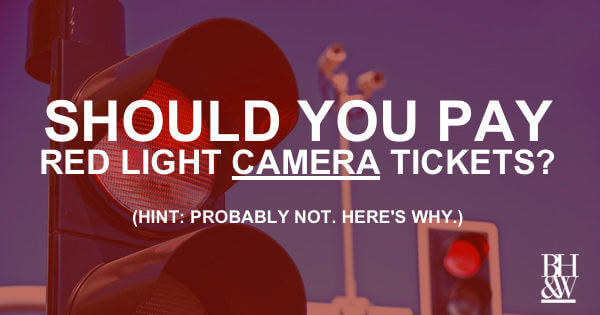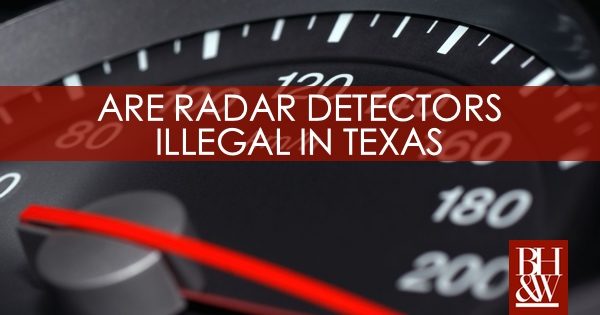 If you’re reading this, odds are that you’ve been ticketed for one or more traffic offenses at some point in your life. Among the ticket-receiving public, misconceptions and misunderstandings abound regarding whether you should “fight” a ticket. Below is some advice from a former municipal prosecutor in the Dallas Fort Worth metroplex…
If you’re reading this, odds are that you’ve been ticketed for one or more traffic offenses at some point in your life. Among the ticket-receiving public, misconceptions and misunderstandings abound regarding whether you should “fight” a ticket. Below is some advice from a former municipal prosecutor in the Dallas Fort Worth metroplex…
1) It is unlikely that you can just “talk to a prosecutor” and get your ticket dismissed.
Two to three times a week, most courts hold conferences between the prosecutor and citizens who have violated traffic offenses. During these conferences, most people go to the prosecutor immediately to ask for a dismissal on their citation. I would venture to say that in a metropolitan area, a municipal prosecutor gets asked for a dismissal between 25-50 times per week. Starting your conversation off with a prosecutor by asking for a dismissal is the least effective approach for negotiating a favorable result. The concept of a dismissal is WIDELY misunderstood and the bottom line is that dismissals are rare.
2) Instead of demanding your dismissal, start by pointing out legitimate issues with your ticket.
There are legitimate issues with citations. Those issues can result in dismissals. But for every one legitimate issue, there are one-hundred ridiculous excuses. A municipal prosecutor has heard them all and there is a really good chance that the prosecutor has heard your specific excuse many, many times. Most of the time, people come go to court with an assumption about the law and they hang on to it with everything they are worth. Do some research before coming to court to determine whether you have a “legitimate issue” or just “another excuse”. Whether that means consulting with an attorney or jumping onto Google, come to court with a little research and you may actually put the prosecutor in a better mood.
3) Document your defense.
If you have documentation (especially on vehicle equipment issues, inspections, registrations, licenses, and insurance), bring it to court and have it ORGANIZED and ready for the prosecutor to look at. If there is some legitimate discrepancy between the status of your vehicle or license (on the date of the citation) and the citation you received you might actually get that all-elusive dismissal, but you had better have documentation to support your defense.
4) “Fine, I’ll take it to trial.”
It’s got a nice ring to it, but the reality of a trial is that most cases will come down to the officer’s testimony versus the defendant’s testimony. More than likely, the officer will testify that he’s been an officer for multiple years, been through training and education specifically for observing and enforcing traffic violations. He’ll also testify that he spends 90% of his 8-10 hour shift in and amongst traffic observing traffic and that he was focused solely on looking for your vehicle violating a traffic law. Meanwhile, you’ll testify (if you choose to testify) that you’re number one priority was not following the traffic laws (I dare you to say that it was), but that you were on the way to work, dropping kids off at school, going to the grocery store or had some other objective in mind. The bottom line with trial: The officer will testify that he observed you commit a traffic violation and you’ll testify you didn’t and the judge or jury will decide who they believe.
5) If you really want a chance…
..hire an attorney. He or she will analyze your citation based on current law and the rules of evidence and procedure and not just based on what you heard from your neighbor’s friend’s ex boyfriend. Ultimately, you may decide that hiring an attorney would cost more than it is worth, but it you really want a fighting chance, you should hire an attorney.










